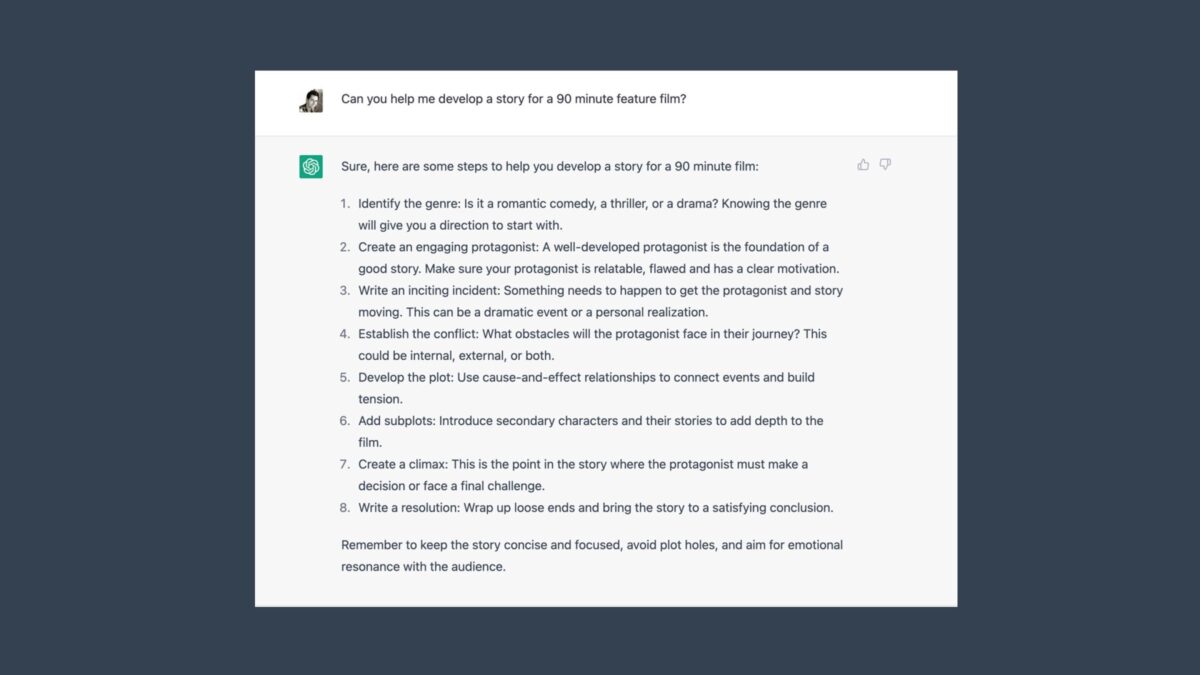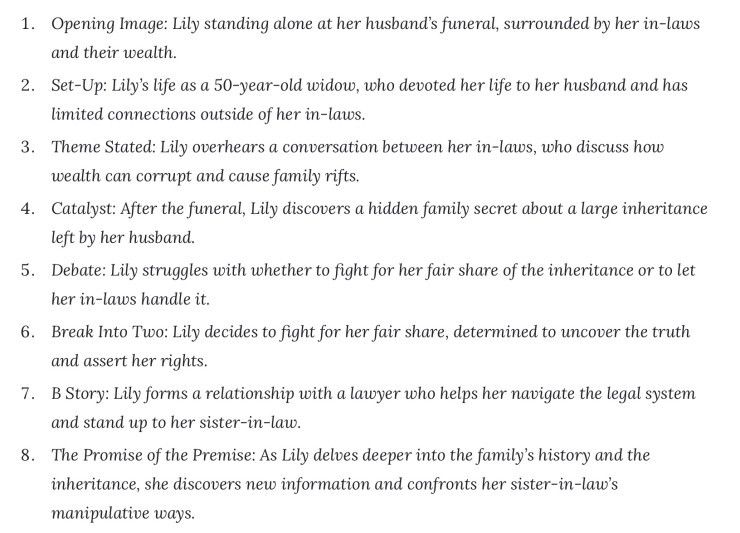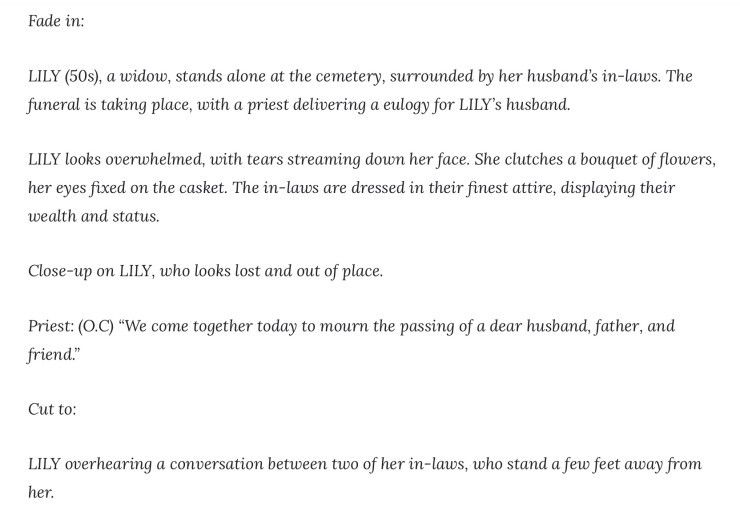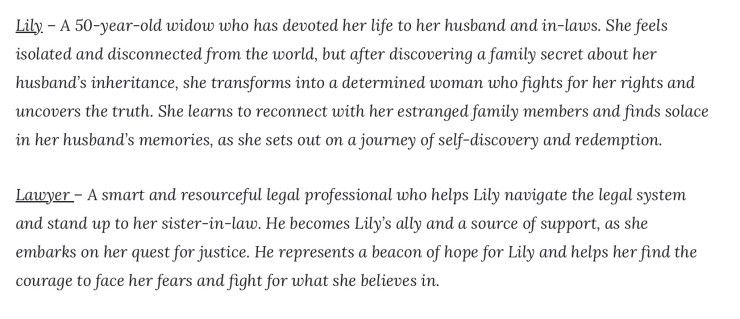
Filmmaker Noam Kroll dove into the deep end of AI to find out what ChatGPT can do.
As I write this article, screenwriters are manning the picket lines. The 2023 Writers Strike is in full swing, and while the writers are asking for their fair share, there’s another issue at stake—AI replacing writers.
Writer Adam Conover shared a document on Twitter that showed the WGA proposals and the offers that the AMPTP countered with.
I’m incredibly proud of how transparent our union is. In the @WGAWest‘s strike announcement, we included a list of our proposals, and the AMPTP’s responses. Read it for yourself: it explains in black and white we’re forced to go on strike. pic.twitter.com/U2FLsv9Dob
— Adam Conover (@adamconover) May 2, 2023
On the second page, the WGA asked for regulation on the use of artificial intelligence. Specifically, Al can’t write or rewrite literary material, can’t be used as source material, and MBA-covered material can’t be used to train Al.
According to the document, the AMPTP rejected our proposal and countered by offering annual meetings to discuss advancements in technology. What will happen remains to be seen.
The Experiment
While this is all going on, filmmaker Noam Kroll decided to see what ChatGPT could actually do. Could it really write a screenplay that will replace writers?
This experiment caused such a stir that it was referenced in an article in Rolling Stone, and Kroll was even interviewed by France24.
So what was this experiment? Kroll tasked ChatGPT with developing a feature-length screenplay idea. Was it a success? You can read more about the details on Kroll’s blog, but here is our take on his findings.
Kroll used ChatGPT in three different ways. To generate stories, characters descriptions, and then finally, a scene.
To start, ChatGPT was great at compiling some helpful information on how to start a screenplay. It gave a simple template to help generate a screenplay idea and even provided example prompts on how to best expand on the different steps.
From our perspective, this is where ChatGPT shines. It’s great at compiling information that is easy to parse through. If you’ve never even seen a screenplay, this approach is great for understanding the different nuts and bolts of what a script needs. However, it’s a very top-level view of the whole process. Spoiler alert, that’s going to be a running theme here.
Next, Kroll asked the language model to generate story ideas based on the template he initially got. Out of that, he picked one:
“The Inheritance” – Family Drama. Protagonist: Lily, a 50-year-old widow Antagonist: Her sister-in-law, who is greedy and deceitful. Conflict: After the death of her husband, Lily discovers a hidden family secret and must fight for her fair share of the inheritance. Along the way, she must navigate family politics and confront her sister-in-law’s manipulative ways. Setting: A wealthy estate in the countryside.
Right off the bat, it’s impressive how far this kind of tech has come. But it’s also evident how far it has to go. If you were to think of this as a painting, ChatGPT is giving you the colors and rough shapes. It’s up to you to fill in the details. Once again, a very top-level view.
The next steps for Kroll included generating a Save the Cat! beat sheet and attempting to get the language model to expand the initial 15 beats to 40. It took some doing, but ChatGPT eventually got there. Kind of.
However, there was some overlap along the way, according to Kroll.

But here is where we have our next big “Oh, wow, that’s cool” moment. For me, one of the biggest challenges is planning out the plot of my scripts. A lot of time is poured into this step, and having a tool that can take some of the weight off my shoulders has definitely piqued my interest.
Finally, Kroll tasked the language model is actually writing a scene, and… it’s a scene alright.
All the parts are there, but it very much feels like a robot wrote it, which feels weird to say out loud since that’s exactly what wrote it.

But for writers that are great with plot but have a hard time blocking out their scenes, using ChatGPT in this way could help alleviate the pressure so you can get into those juicy dialogue scenes. Think of it as a rough sketch that you’ll eventually fill in with detail and color.
Relying on ChatGPT for anything more is just not in the cards, at least for now. What you get is a slab of marble, it’s still up to you to get a sculpture out of it.
The last bit we wanted to mention is the character descriptions, which are (as you might have guessed) very top-level. They’re vague and a bit cliché, but they can still give a writer enough material to really sculpt something great.

Overall, Kroll’s experiment showed us that ChatGPT is actually an amazing tool that can really offer writers much-needed support in areas where they may struggle. There are so many facets to writing a movie that no single writer can master them all. This is why television often needs a whole room of them. If we use this language model as a tool, it can make good writers better.
But now we have to talk about the elephant in the room.
ChatGPT Is a Knife
I’ve used this analogy quite a bit when talking about ChatGPT. A knife is an incredible tool. You can use it for hunting, crafting things, and cooking food. It’s a necessary tool for survival. It’s also an instrument that can cause great harm. The same knife you have in your kitchen can be used as a weapon.
So can ChatGPT.
Writers can utilize this incredible tool to support them in areas of their craft where they struggle, but it can also be used by producers to replace writers from important parts of the filmmaking process.
The one thing that has struck me the most during this whole writer’s strike is the idea that content will be generated, after which writers will be hired to rewrite the AI material into a producible script.
Will it work? Maybe.
Do I have evidence? No, this is all anecdotal.
But the idea will save producers money. It will also put writers out of a job and remove opportunities for them to grow in their careers. While ChatGPT is nowhere near good enough to replace writers, it is growing into an incredible piece of tech. So maybe one day it will be good enough. But then it just might be too late.
So, should we, as writers, be scared? That depends on who is holding the knife.
Lets us know what you think of ChatGPT. Will you be using it to help write your scripts? Let us know in the comments!














